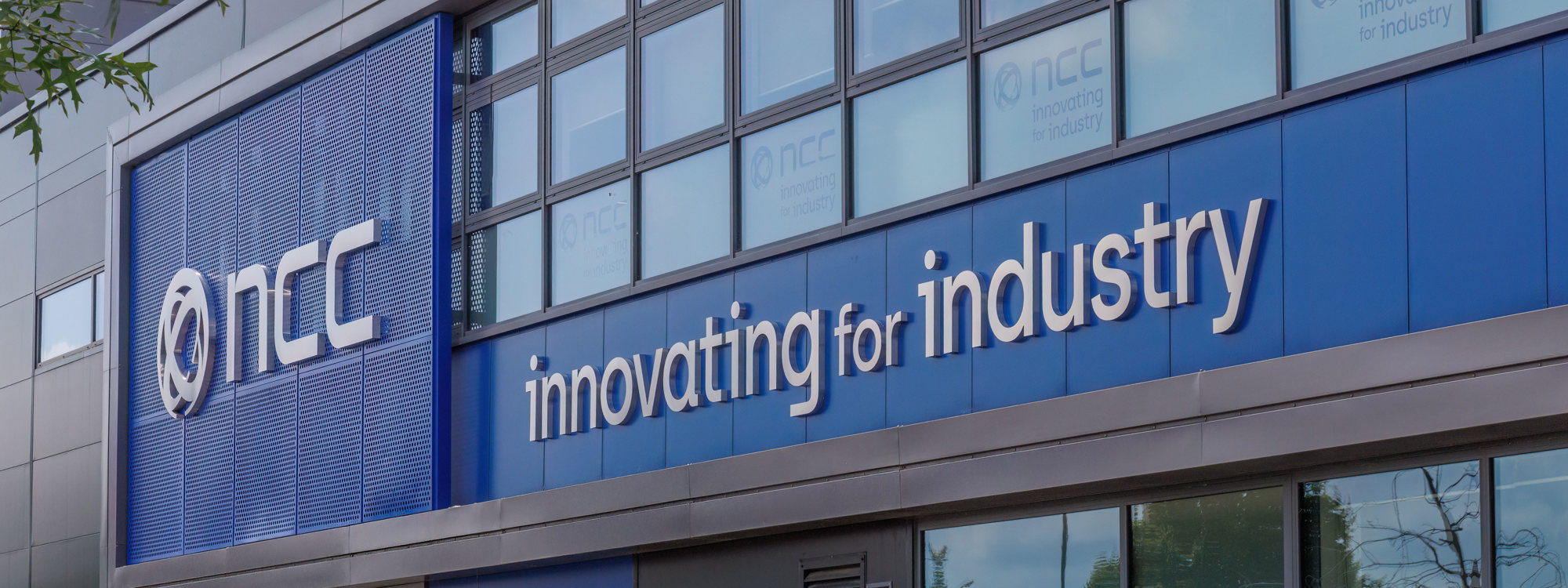
The UK’s manufacturing challenges have changed. So has NCC.
When NCC first opened its doors 14 years ago, our mission was straightforward - push the boundaries of composite technology for aerospace.
Back then, the goal was to take a specialist material and find ways to make it lighter, stronger, and more cost-effective for aircraft - giving UK industry a competitive edge in a demanding global market.
In those early years, we worked side-by-side with engineers from across the supply chain - primes, Tier 1 suppliers, small innovators. We designed new materials, tested them to destruction, refined manufacturing processes, and solved engineering challenges where standard answers simply didn’t exist.
That work laid the foundations for everything that followed. It shaped our expertise, our people, and our culture. Today, composites remain one of our greatest strengths, and we continue to lead as the UK’s centre of excellence.
That mindset – practical, problem-led, and collaborative has proved just as valuable beyond aerospace.
Energy companies wanted lighter, more efficient turbine blades. Defence programmes needed durable, reliable components that could withstand extreme environments. Automotive manufacturers looked for faster, greener ways to produce structural parts. Construction and infrastructure projects came to us for answers to weight, strength, and sustainability challenges.
The problems were different, but the approach was the same - understand the requirement, engineer the solution, prove it works.
A tougher, faster-moving environment
The world we’re working in now is more complex and less predictable than it was in 2010.
Technology cycles are shorter, which means solutions must be ready faster. Competition is global - a breakthrough here in the UK must stand up against developments in Europe, Asia, and the US. At the same time, industry is under increasing pressure to design for efficiency, sustainability, and resilience from day one.
National initiatives like the Modern Industrial Strategy set a clear picture of where the UK must lead over the next decade - advanced manufacturing, clean energy, life sciences, and digital technologies.
Long-term goals such as Net Zero by 2050 aren’t abstract targets - they influence design choices, investment decisions, and the skills we need to develop now to deliver later. For engineers, this creates a simple truth - if we can’t adapt quickly, we risk being left behind.
Strategy and brand for the next decade
Our new strategy and evolved brand are built for this reality.
We’ve broadened our scope so we can work seamlessly across sectors and disciplines, tackling problems that cut across traditional boundaries. We’ve stepped up our ability to move quickly - getting ideas off the drawing board and into production lines at speed - while still meeting the standards industry demands.
Building capability that lasts is central to this. That means strengthening UK skills in digital engineering and manufacturing, supporting technology adoption across the supply chain, and making sure we can respond to new priorities as they emerge.
Supply chain resilience, skills development, and faster innovation all play a role - but they’re part of a bigger goal - ensuring that great ideas don’t stay as prototypes, but become products in use, delivering value where it counts.
Same mission, bigger challenge
But the important things haven’t changed. NCC, by innovating for Industry, is still here to solve the hard engineering problems - the ones that don’t have easy answers and demand a mix of expertise, technology, and persistence. But our challenges are now larger in scale, faster in pace, and broader in scope.
We’re ready for that. The UK has a window of opportunity to strengthen its position in global manufacturing, and NCC’s role is to make sure the engineering capability is there to take it.
